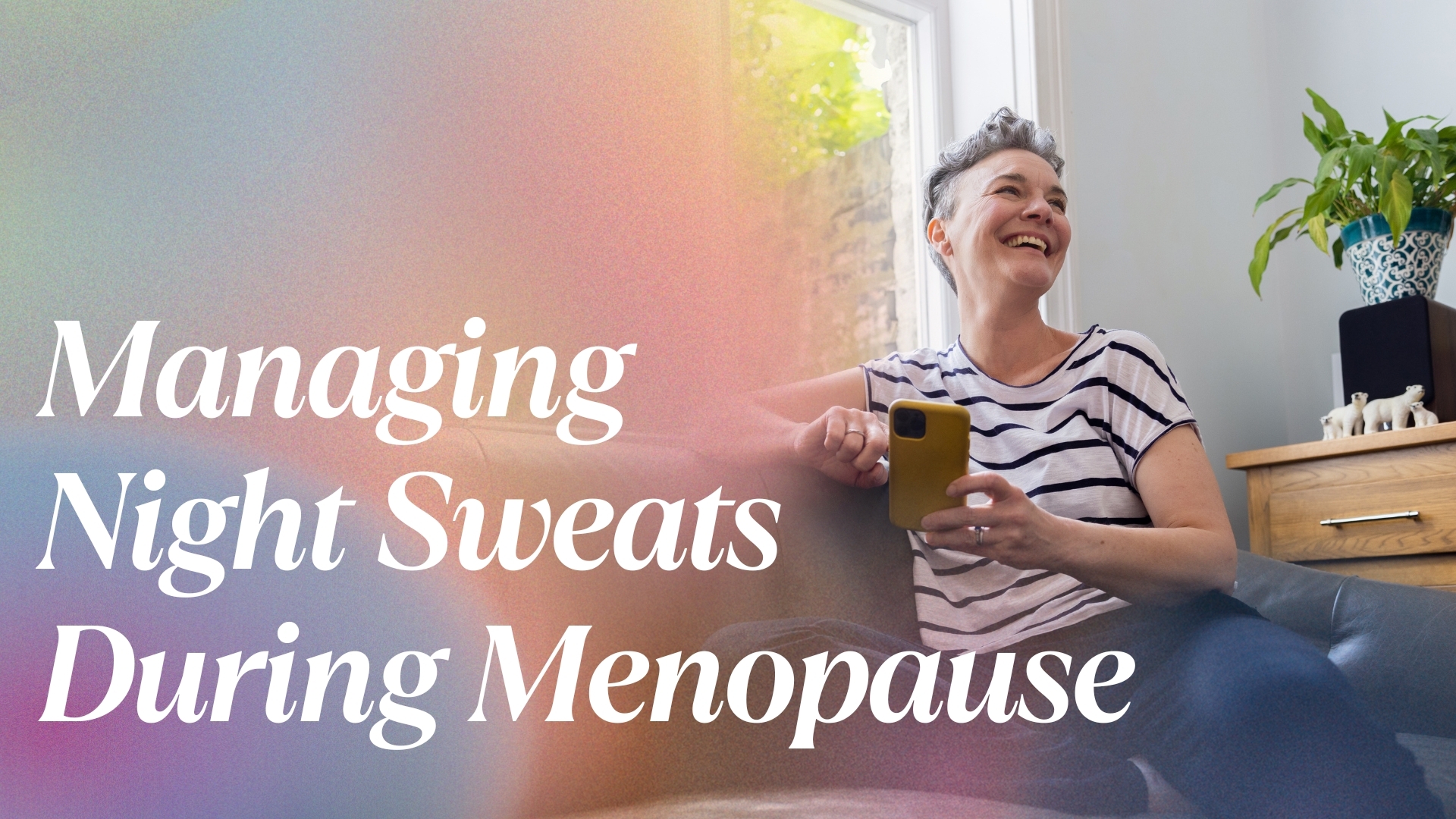
Night sweats, also known as nocturnal hot flushes, are a prevalent and disruptive symptom experienced by many women during perimenopause and menopause. Characterized by sudden surges in body heat leading to sweating, night sweats can significantly impair sleep quality and impact overall well-being. Understanding the causes, symptoms, and effective management strategies for night sweats is essential for women navigating this challenging aspect of hormonal transition.
Understanding Night Sweats:
Causes:
Night sweats are primarily attributed to the decline in estrogen levels during menopause. Estrogen plays a crucial role in regulating body temperature, and its reduction can lead to diminished temperature control, resulting in sudden fluctuations and subsequent night sweats.
Symptoms:
Impact:
Night sweats can significantly disrupt sleep quality, leading to daytime fatigue, difficulty concentrating, irritability, mood swings, and decreased libido. The cumulative effects of poor sleep can have profound implications for overall health and well-being.
Management Strategies:
Lifestyle Changes:
Treatment Options:
Conclusion:
Night sweats are a common and disruptive symptom experienced during menopause, but effective management strategies can help alleviate symptoms and promote restful sleep. By implementing lifestyle changes, exploring treatment options, and seeking guidance from healthcare providers, women can navigate this challenging aspect of hormonal transition with greater comfort and well-being. If night sweats significantly disrupt sleep or cause distress, consulting a healthcare provider is recommended to discuss personalized management strategies and explore appropriate treatment options.
Sources:
Stay up to date with our offers and events
Copyright © 2024 Unpause Ru Medical. All rights reserved.
Powered by TKV Creatographics